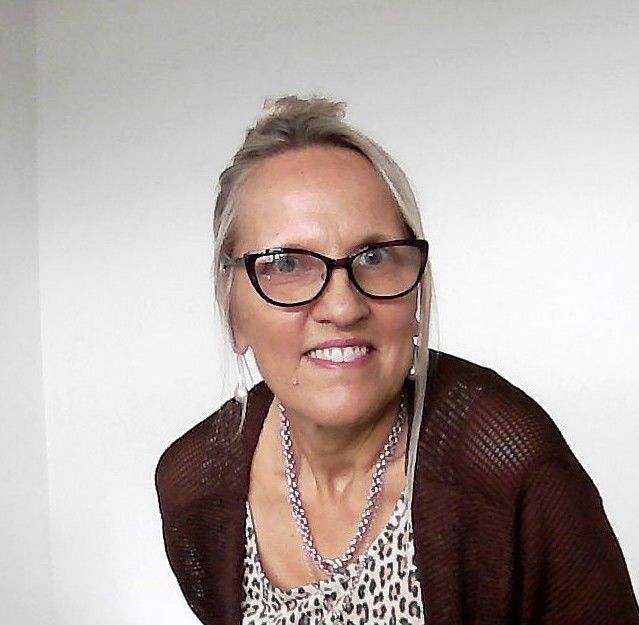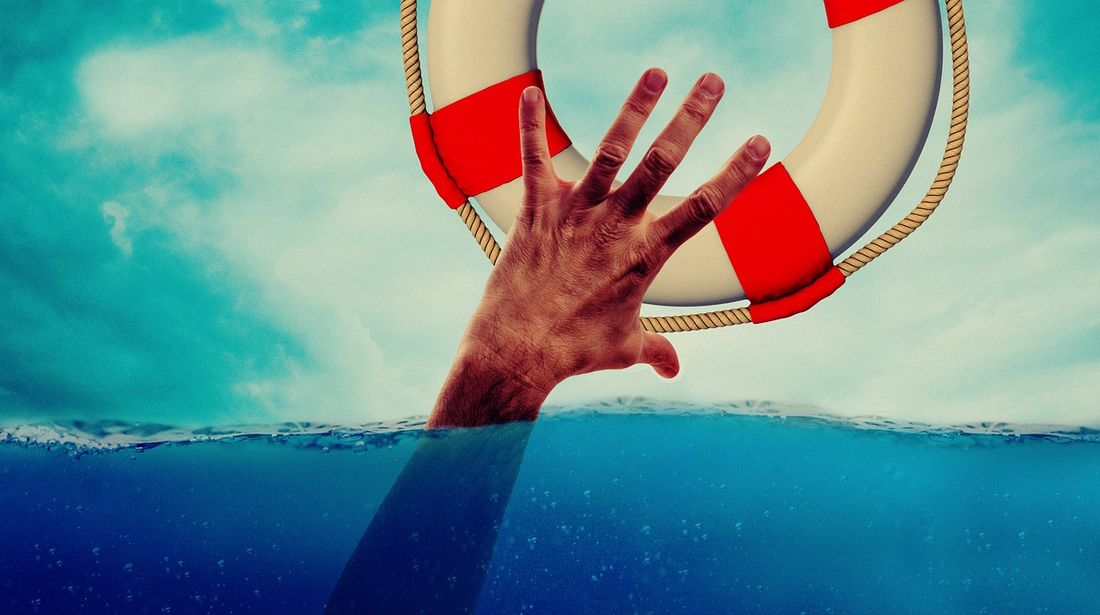Do you have a tendency to “rescue” others?
When someone is going through a tough time, do you rush in to help, often uninvited? Do you try and solve their problems for them?
While helping others is generally positive, there is a big difference between being helpful and being stuck in a rescuer mentality. If you are always the first to jump in at the first sign of difficulty, how will others learn to take care of themselves? How will they learn to solve their own problems? They won’t. They will just continue making the same mistakes over and over.
But why do we do this? Why is it so hard to step back and let others make their own choices?
Often, our desire to fix or rescue others is about our own unmet and unexplored needs. By focusing on someone else’s problem, we divert our attention from personal struggles.
But trying to rescue someone does not allow the other person to take responsibility for their own actions. They do not get an opportunity to work through their own problems. We send a subtle message – unintentionally – that they are not strong or capable enough to handle their own issues. The danger in rescuing is that we undermine their autonomy and take their inner power away. This can also be a form of manipulation and control, "No one can do anything without me. I’m the only one who can help you."
No one can rescue another person – only they can rescue themselves.
And trying to solve other people’s problems often makes things worse, not better. Yes, we can be supportive and provide suggestions for navigating life’s challenges, but taking other people’s issues as our own is not a good long-term strategy.
The urge to give advice or rescue others comes from an unconscious need to feel valued. Many other factors, including early childhood experiences, family dynamics, and societal expectations also play a role. Rescuing others makes us feel worthy and useful. Rescuing others is about our own unmet emotional needs. It makes us feel good.
But rescuers often neglect their own wellbeing while they are busy rescuing others. Excessive helping and the need to rescue others can lead to stress, mental and physical exhaustion as well as strained relationships.
I learned a great lesson once whilst working in prison. A man struggling with addiction told me, "You can try and help me as much as you can. You can teach me all there is to know about drug use, but in the end, I have to be willing to rescue myself. You can’t do it for me."
Have you ever stopped and asked yourself, "Why do I feel this strong need to intervene and rescue others?"
Do you find yourself time and time again:
- Helping others without them asking you
- Jumping in to try and solve problems for them
- Micromanaging and constantly "watching" over others
- Believing that your way of doing things is the best
- Assuming that others need your help
- Feeling rejected when your help is not welcome
- Feeling uncomfortable when receiving help from other people
Can you relate to these statements? If you see this pattern in your life, perhaps it is time to start examining your own unexplored issues.
As with most things, becoming more self-aware is the key to change and personal growth. But developing self-awareness is not easy. It is not something we do once or twice and then just forget it. Learning to better understand ourselves is a continuous, lifelong process.
Through this process, we learn to become more aware of our "blind spots" and rescuing tendencies. With greater awareness, we recognise what is our responsibility… and what is not. If we are willing to look within, we realise that we should be focusing on rescuing ourselves!
Finally, there are those who constantly look to be rescued – but that is for another blog article!

Eila Mikkonen
Counsellor, Clinical Supervisor & Mental Fitness Facilitator


